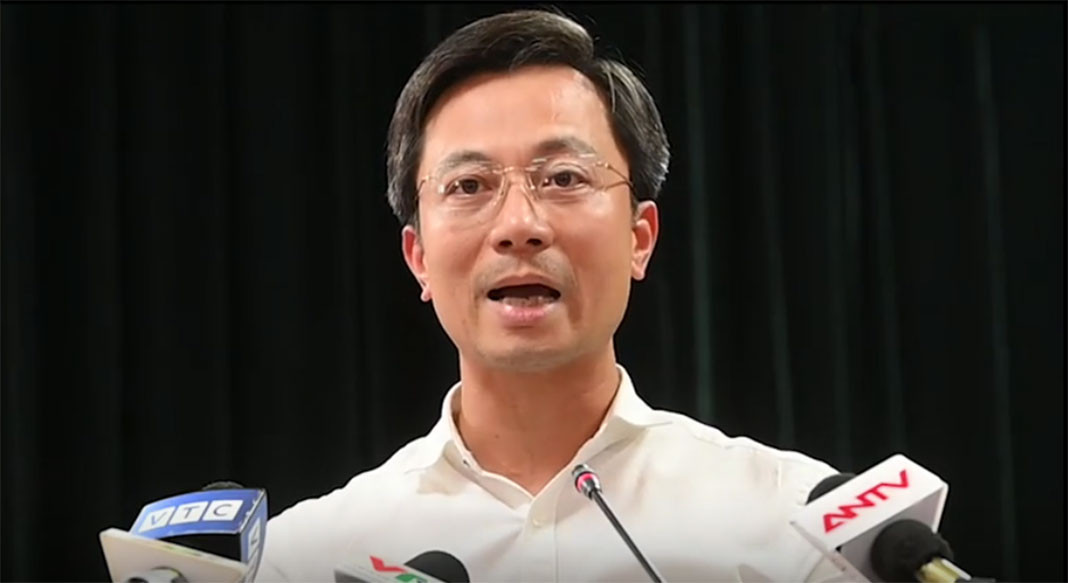
Most gas stations attributed the suspension of their operations to sustained losses triggered by higher operating costs and a zero discount from general agents.
Since late 2021, fuel trading costs have soared and financial issues have deterred general agents from securing sufficient supply for retailers, said Tran Duy Dong, head of the Domestic Markets Department at the MOIT.
In the second quarter this year, global oil prices surged as a result of the Russia-Ukraine military conflict but plunged in the third quarter, causing losses for local fuel importers that paid higher prices in the previous quarter. The Government adjusts fuel prices every 10 days based on world market movements.
Moreover, in August, the MOIT suspended the licenses of seven general agents for 1.0 to 1.5 months due to their failure to meet certain fuel trading conditions. This suspension led to a depletion of stock at these seven fuel trading firms and even in the entire fuel distribution system.
Many general agents have resorted to slashing discounts for retailers, effectively passing on their losses to retailers. Credit tightening and the rise of the U.S. dollar have made life hard for general agents to import fuels to replenish their inventories in time.
Just one day after the MOIT and the Ministry of Finance decided to hike gasoline prices on October 11, gas stations in HCMC were not as crowded as on the previous few days.
Today, Deputy Prime Minister Le Van Thanh ordered the MOIT, which oversees the fuel distribution systems nationwide, to work with the Ministry of Finance to review Government Decrees 95 and 83 on fuel trading, send a report to the Government within this month, and recommend measures to stabilize the fuel market.
Source: Saigon Times